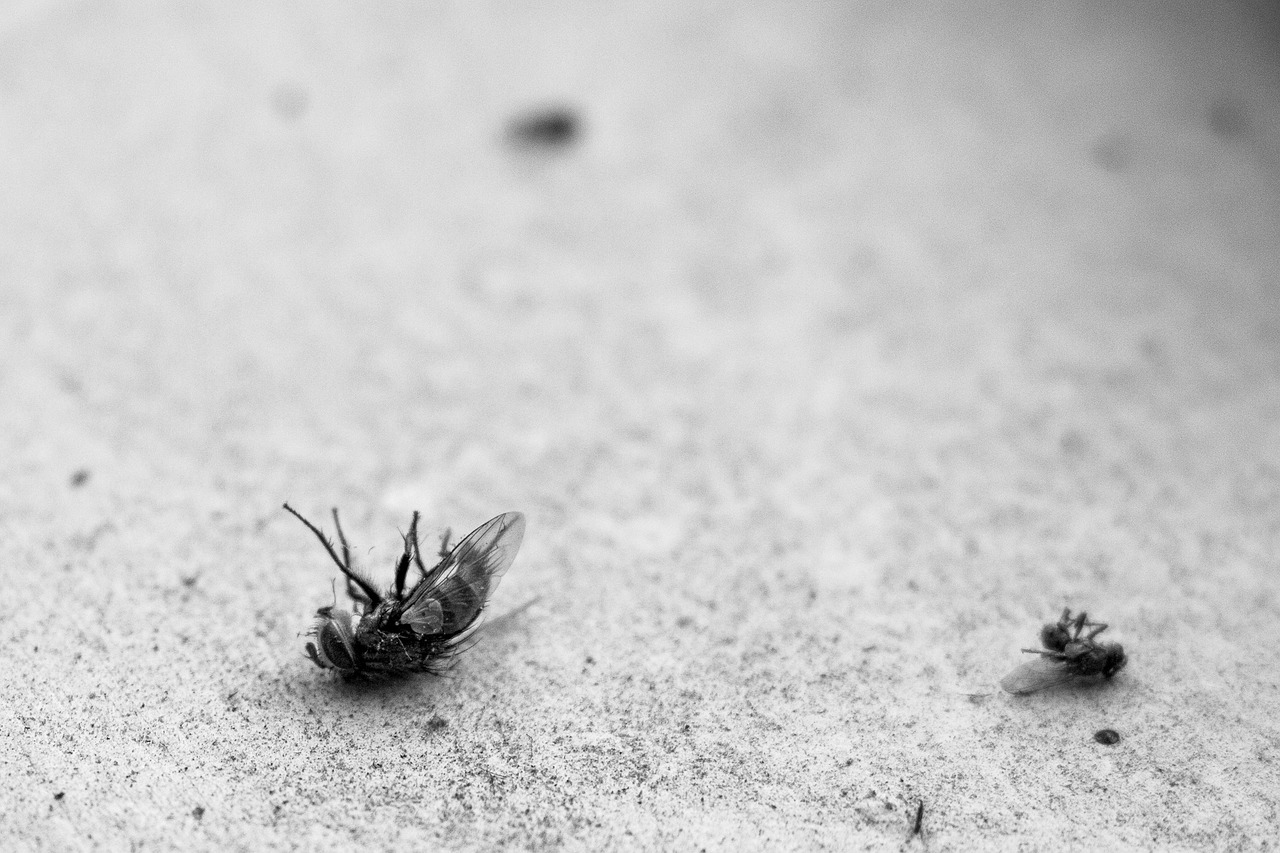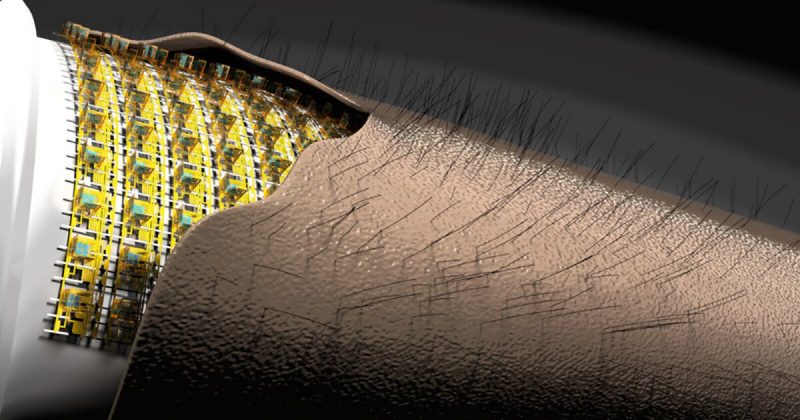The role of perceptual experiences in aging is a complex topic and an ongoing area of research. While perceptual experiences have been observed to impact aging, the precise mechanisms are not yet fully understood.
The University of Michigan research team previously investigated the phenomenon of “death perception” in fruit flies, Drosophila melanogaster. Their findings revealed that when fruit flies see other dead fruit flies, they undergo accelerated aging. Interestingly, this aging effect is dependent on a specific serotonin receptor.
The researchers reveal the details of this process in their new follow-up study.
In their new study, researchers established a correlation between death perception and decreased aging in flies. The series of experiments using fluorescent tagging in fruit flies showed that specific brain cells, namely R2 and R4 neurons, become activated when flies encounter dead flies. This increased activity leads to accelerated aging in the flies.
The researchers demonstrated that artificially activating these neurons led to decreased lifespans in fruit flies, regardless of actual death perception. This highlights the potential for targeted drug therapies in humans, aimed at manipulating neural circuits like these to slow down the aging process. Furthermore, exploring these neural mechanisms could provide insights into how perception impacts human physiology.
Understanding the mechanisms related to perception and aging could potentially enable the modulation of lifespan in humans.







